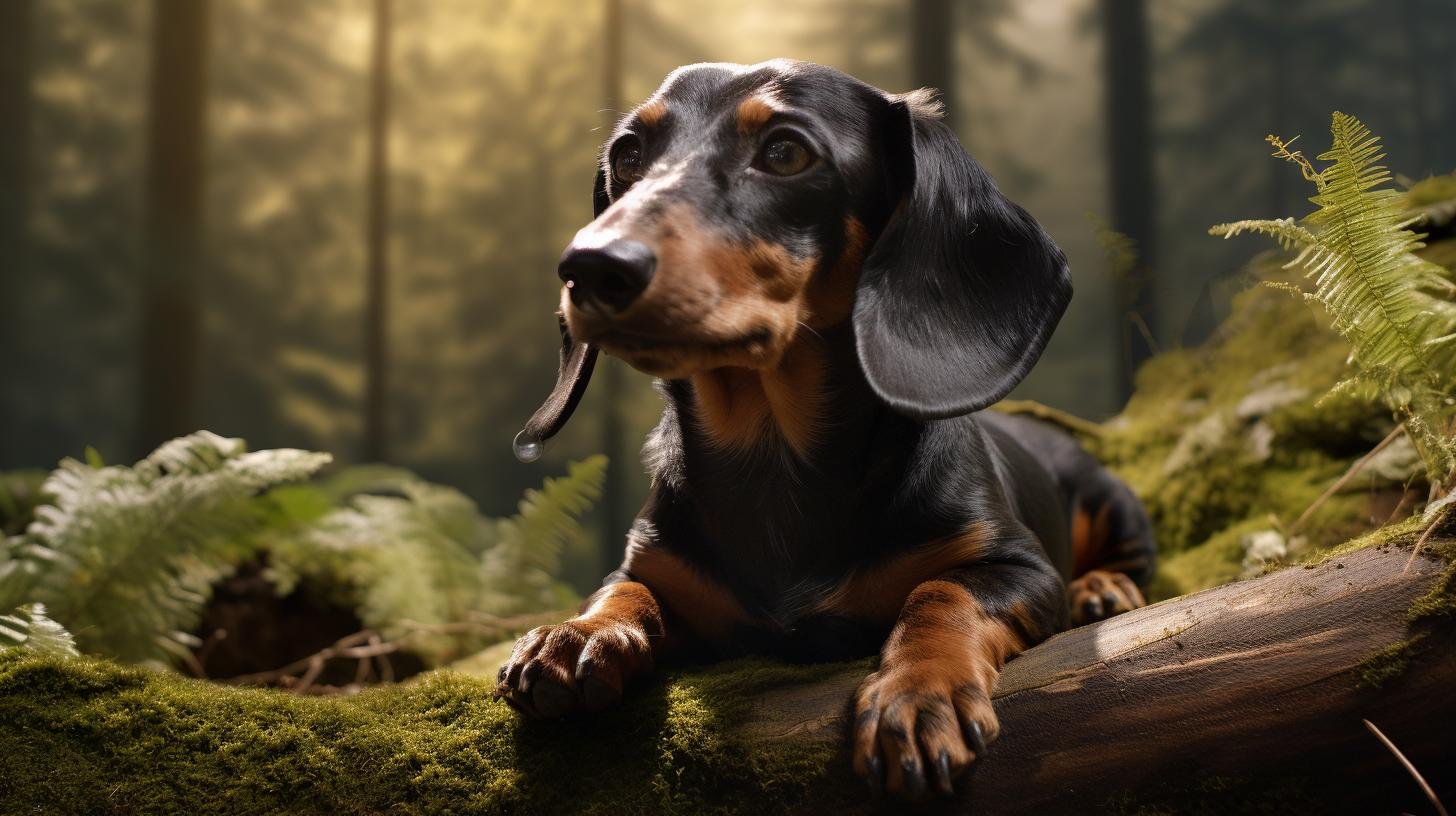Did you know that one of the most feared dog breeds is not the Pitbull, Nor the Rottweiler or even the massive Great Dane? It’s the adorable, the pint-sized, the Weiner Dog! Yes, you read that right. The Dachshund, often known as the “sausage dog”, due to its quirky, elongated body shape, surprisingly tops the charts for the highest number of bite incidents among other dogs. But does this make it dangerous?
As hard as it may be to believe, these seemingly delightful bundles of joy have a reputation for aggression, especially towards strangers and other dogs. Studies reveal that one in five Dachshunds have bitten or attempted to bite strangers, and a similar number have attacked other dogs; nearly one in twelve have snapped at their owners. The tiny teeth of the Dachshund pack a punch!
But don’t let these statistics worry you just yet. Understanding the Dachshund’s behavior can reveal a great deal about its perceived “danger.” Let’s burrow deeper into the world of the Dachshund.
Firstly, the Dachshund was bred for hunting. They are relentless, brave and robust small dogs, originally designed to hunt ferocious badgers and other underground dwellers. This hunting heritage is the primary reason for their developed aggression. Rather than interpreting it as dangerous, it can be seen as them simply expressing their instinctual behavior.
Most Dachshund owners will vouch for this and state that their ‘sausage dogs’ are very caring, brave, and filled to the brim with a unique personality. They are often hilarious, entertaining, and known to have a stubborn and independent streak. In fact, Dachshunds are often described as “half a dog tall and a dog and a half long,” which pretty much sums up their determined persona.
However, like any breed, a Dachshund can also flip its switch and show signs of aggression. This behavior is often a result of fear or a reaction to a perceived threat. Since Dachshunds are a small breed, at times, they might feel the need to defend themselves from larger dogs or people. This fear can potentially push them into ‘survival mode,’ creating an illusion of being dangerous.
It’s also worth noting that dogs are individuals and will display different behaviors based on their experiences, upbringing, training, and socialization. Not every Dachshund will demonstrate aggressive behavior, the same way not every Dachshund will be the life of the party. So when we speak of the breed, keep in mind, we’re generalizing.
Bringing a Dachshund into your life involves understanding their needs. Training and socializing them at a young age can substantially reduce aggressive behavior. Given their hunting pedigree, Dachshunds are intelligent and quick learners with the ability to reason and solve problems. Ironically, these smart dogs with their distinctive eye-rolling expressions will need you to show them who’s boss.
Regular exercise is also essential to keep your Dachshund happy and healthy. Belonging to a hunting breed, they are energetic and robust and hence, require physical activity regardless of their size. An overweight Dachshund with pent-up energy is prone to express frustration in destructive ways, including aggression.
However, it’s not all about keeping them busy physically. Mental stimulation is equally important. Training exercises along with toys and puzzles that challenge them can go a long way in keeping them mentally balanced and content.
Another cause for concern can be back problems. Dachshunds are notorious for spinal issues due to their long bodies and short legs. Pain can cause even the most chilled dog to react aggressively. Therefore, routine vet visits are a must to ensure they aren’t silently dealing with discomfort or pain.
In conclusion, it isn’t fair to label the Dachshund as dangerous. Any dog, regardless of breed, can become a threat under certain circumstances. But with their immense charm, Dachshund’s propensity to view the world as one big exciting hunting expedition can often end up creating situations that may get interpreted as “dangerous.”
However, by understanding their instinctual responses and adequately addressing their physical, mental and health needs, you can ensure your compact hunting companion remains a constant source of joy, entertainment, and maybe, with his determined nature, a tad bit of harmless mischief! It’s all about love, patience, and proper care, as isn’t true for every dog.



